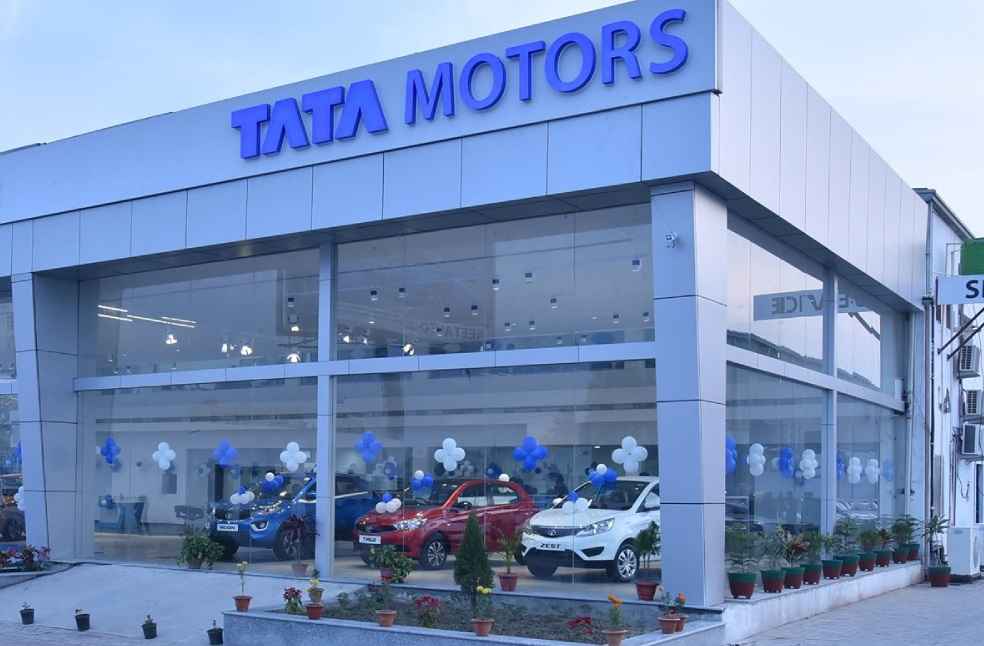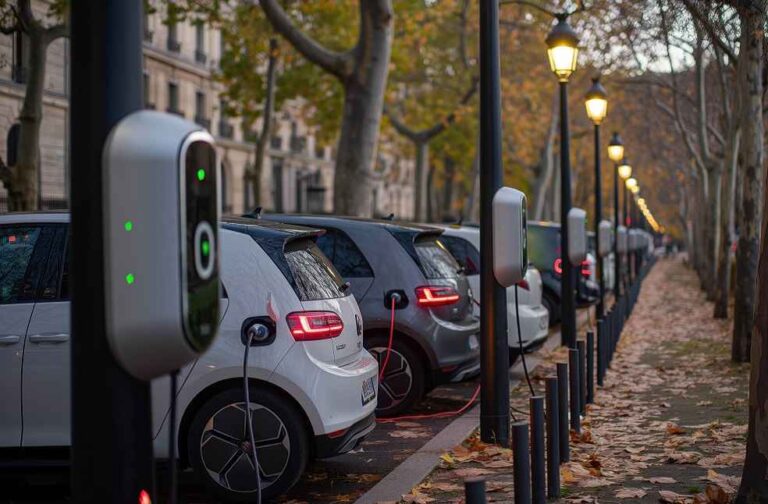Global EV makers, including Tesla, Volkswagen, BMW, Mercedes-Benz, and Renault, have slowed engagement with India’s new EV policy, opting to await potentially more favourable terms through ongoing bilateral and free trade agreement (FTA) negotiations with the United States and the European Union.
The government’s scheme to promote the manufacturing of electric passenger cars in India (SPMEPCI), commonly known as the EV policy, offers a reduced customs duty of 15%—down from the current 70–100%—for the import of up to 40,000 EVs. However, eligibility requires a minimum local investment of $500 million and compliance with localisation targets of 25% within three years and 50% within five years.

Despite initial interest, industry insiders and government officials indicate that talks with global original equipment manufacturers (OEMs) have cooled. Automakers are now exploring the possibility of gaining comparable or better import concessions through trade agreements, which may not include mandatory local investment or localisation targets.
A senior executive at a European carmaker noted, “The BTA/FTA route could be more beneficial, especially given the premium nature of most European and US vehicles sold in India. Committing $500 million for a limited share in the high-end segment is a significant risk.”
While trade agreements may offer market access without the localization commitments of the EV policy, Tesla appears to be preparing for market entry regardless of the outcome. The company has leased space for its first showroom in Mumbai’s Bandra Kurla Complex and is in advanced discussions for a second location in Delhi’s Aerocity. Initial imports are expected from Tesla’s Berlin plant, subject to final clarity on trade rules.

As foreign players weigh their options, domestic manufacturers such as Tata Motors and Mahindra & Mahindra have voiced concerns. With major investments already made in India’s EV ecosystem, they warn that relaxed import duties for global OEMs could undermine local industry growth.
A senior domestic industry official stated, “We have invested heavily in building the EV ecosystem here. Duty cuts for foreign players could seriously disrupt the domestic market and weaken India’s ambitions of becoming an EV manufacturing hub.”
Policy experts have urged caution, suggesting that any concessions under trade agreements should focus on internal combustion engine (ICE) vehicles rather than the still-developing EV segment to avoid hampering local innovation and investment in the sector.
GENERAL | South Africa Plans Extra Incentives for Auto Sector Relief





